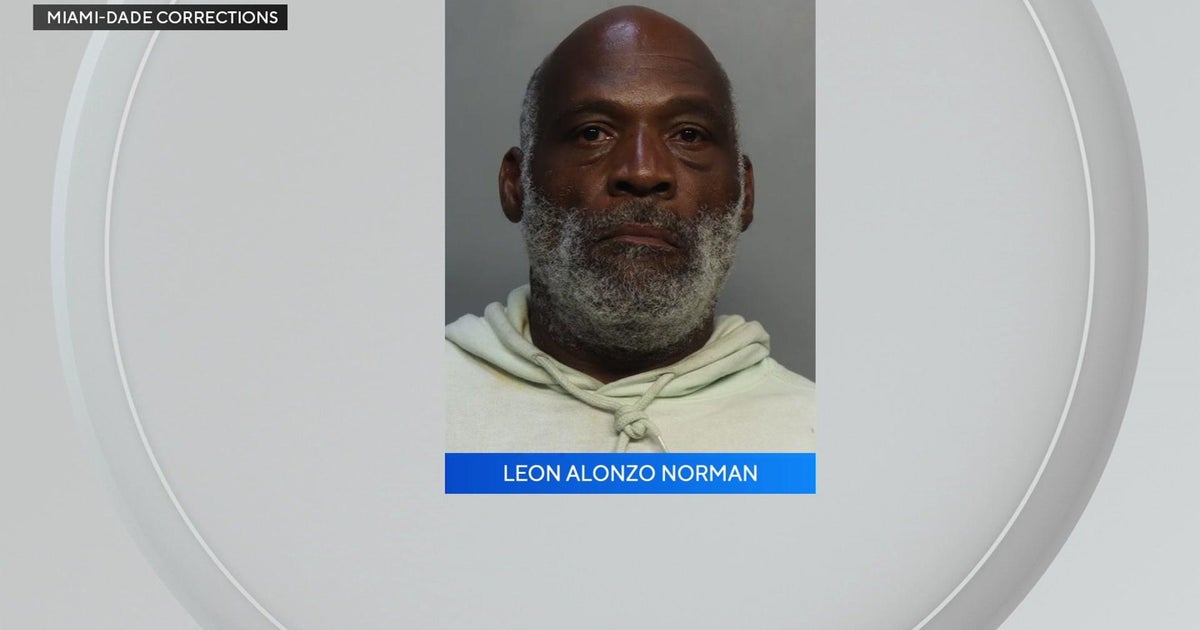Miami-Dade Homeless Trust ramps up efforts ahead of Hurricane Milton
MIAMI - With severe weather looming, the Miami-Dade County Homeless Trust has intensified efforts to provide shelter to the homeless, ensuring the vulnerable population is safe during Hurricane Milton.
However, offering shelter is not always enough to persuade people to leave the streets.
Willy Griffin, who has lived on Miami's streets for years, is one such individual. Standing daily beneath an interstate overpass, Griffin reflects on his life's hardships.
"When my mama go, that's been the hardest thing my whole life," he shared tearfully. A decade ago, Griffin lost both his mother and wife in the same year, a tragedy that led him to homelessness.
"It's rough," Griffin said, explaining why he prefers the streets over shelters. "I'd rather be out here than in a shelter... I got beat up."
Despite the challenges, Griffin clings to hope. "Keep praying," he said when asked what he wishes for. "A new beginning. A new life."
On this day, his prayer for food was answered. Smiling, he said, "Get me some rice. Beans and collard greens," before walking away, still hesitant to seek housing assistance.
Ron Book, Chairman of the Miami-Dade County Homeless Trust, believes that the best solution for individuals like Griffin is immediate housing.
"The goal is that keys to a new home and new residence are a week or two or three away," Book explained. He emphasized that efforts to bring people in from the streets are continuous. "You work for the vulnerable opportunity to get them to soften up and agree to come in... you continue to work with them until you succeed."
As part of this emergency response, the Chapman Partnership welcomed 60 new people across its two locations, offering beds, meals, and, importantly, a path to permanent housing.
"We want to make sure that no one sleeps on the streets during these extreme weather conditions," said Kavaja Sarduy, Chapman's VP of Operations. After sheltering, residents are assigned case managers to help secure long-term housing solutions.
For Griffin and many others like him, the hope for brighter days remains alive.




